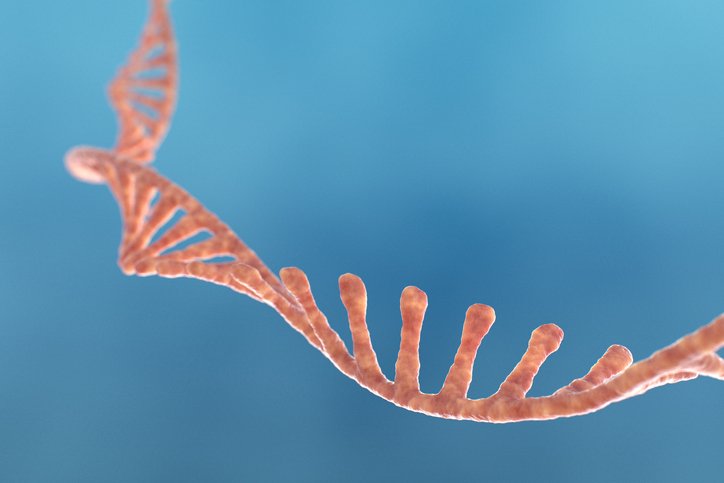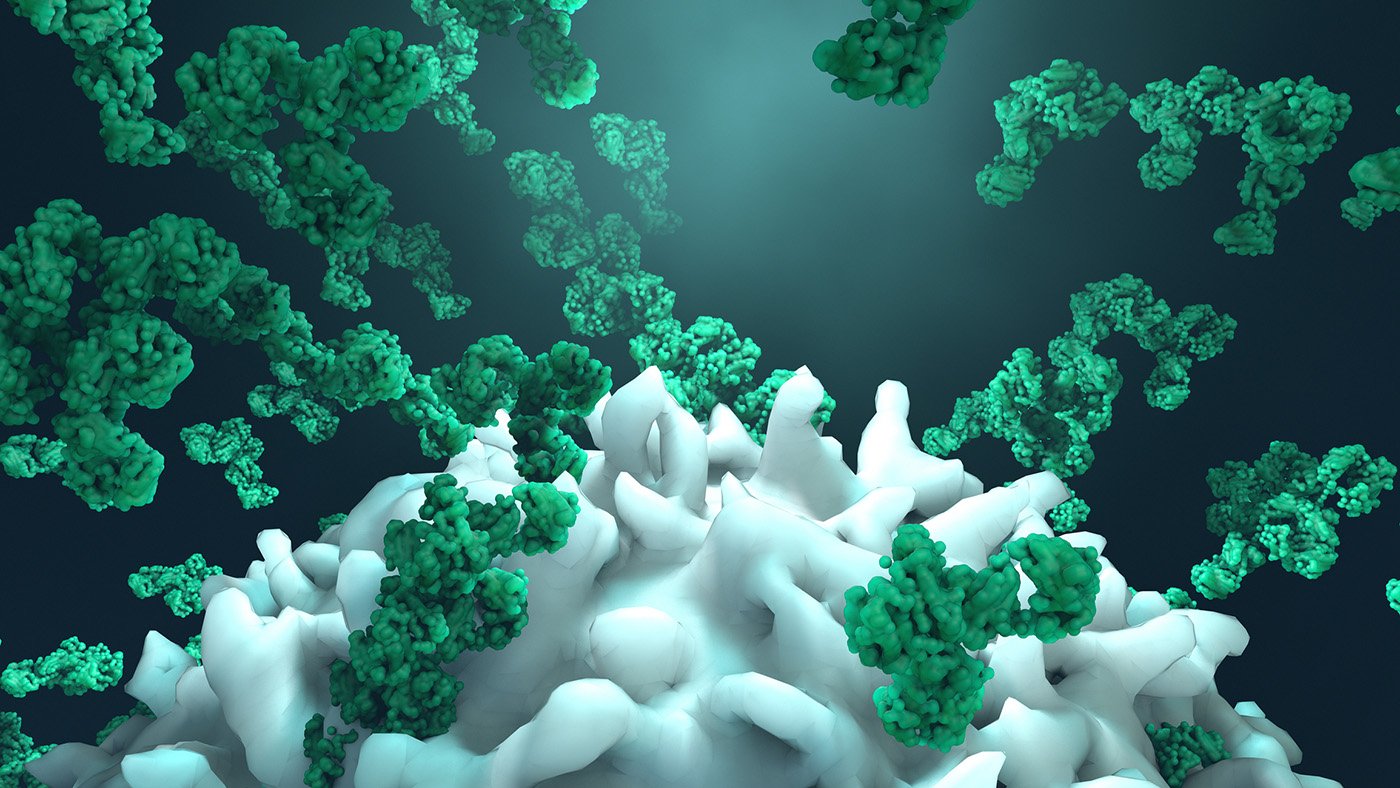University of Chicago researchers have developed a liquid biopsy test based on modification patterns in microbiome-derived cell-free RNA that predicts colorectal cancer (CRC) with greater accuracy than currently available commercial non-invasive testing methods.
“This is the first time RNA modifications have been used as a potential biomarker for cancer, and it looks to be much more reliable and sensitive compared to RNA abundance,” said Chuan He, PhD, the John T. Wilson distinguished service professor of chemistry and professor of biochemistry and molecular biology at the University of Chicago. “Being able to detect the cancer at those early stages is unprecedented.”
He and colleagues explain in Nature Biotechnology that cell-free tumor DNA, which is released into the bloodstream when a tumor cell dies, has emerged as an increasingly important biomarker for cancer but levels can be extremely low during the early stages of disease.
“That has been a major challenge for early diagnosis. You just don’t have enough tumor DNA released into the blood,” said He. “That was a challenge for us and everyone else to do early diagnosis of colon cancer, so we decided to look at RNA instead.”
Initial analyses revealed that short RNA fragments, typically transfer (t)RNAs, were the predominant forms cell-free RNAs isolated from patients with and without cancer. Since tRNAs are known to be highly modified, He et al. speculated that changes in how much they are modified could distinguish tumor cells from nontumor cells.
They investigated this theory using a novel method called low-input multiple methylation sequencing (LIME-seq), which can detect specific modifications in very small amounts of cell-free RNA from different RNA types, and also track how much these modifications change.
The team found that although there were tRNA modification differences between tumor versus normal samples, these were not sufficient to separate people with CRC from healthy controls.
However, the researchers also noticed that a significant proportion (20–40%) of the mapped cell-free RNA aligned with microbial genomes from the host microbiome, with the remainder aligning with the human genome.
When they measured the differential abundance of these microbial species between patients with and without CRC, He and colleagues found that they could predict cancer with 77% accuracy.
Yet, “the biggest surprise came when we measured microbiome-derived cell-free RNA methylation modification levels. We could clearly separate patients with cancer from healthy controls,” said He.
The analysis revealed that measuring methylation sites in microbiome-derived cell-free RNAs allowed “exceptional predictive ability for classifying participants with CRC,” achieving an accuracy rate of 95%, the researchers report.
They also note that this level of accuracy was maintained even among patients with early-stage disease.
By comparison, commercial tests that measure DNA or RNA abundance in the stool are about 90% accurate for later stages of cancer, but their accuracy drops below 50% for early stages.
He said that although the high level of accuracy they achieved was initially surprising, it makes sense. “The modification levels of these cell-free RNAs reflect microbiome activity and local conditions. In the gut when you have a tumor growing, the nearby microbiome must be reshaped in response to that inflammation. That affects the nearby microbes.”
The microbiome population also turns over much more quickly than human cells, with more cells dying frequently and releasing RNA fragments into the bloodstream. As a result, a test that measures modifications on microbial RNA can potentially detect cancerous activity much earlier than those relying on DNA from human tumor cells.
Moreover, measuring RNA modification levels may reduce the impact of confounding factors, since the proportion of modified RNA remains consistent whether there are 100 or 10,000 RNA fragments. Consequently, the test is less affected by errors in sample collection.
The team also showed that their strategy could also work for pancreatic cancer, which may not be directly associated with microbiota.
He said that his lab now plans to evaluate the test in a larger cohort and expand their research to other cancer types as well as other microbiome-linked diseases such as inflammatory bowel disease.
The post Microbial RNA Modifications Predict Colorectal Cancer in Liquid Biopsy appeared first on GEN – Genetic Engineering and Biotechnology News.




